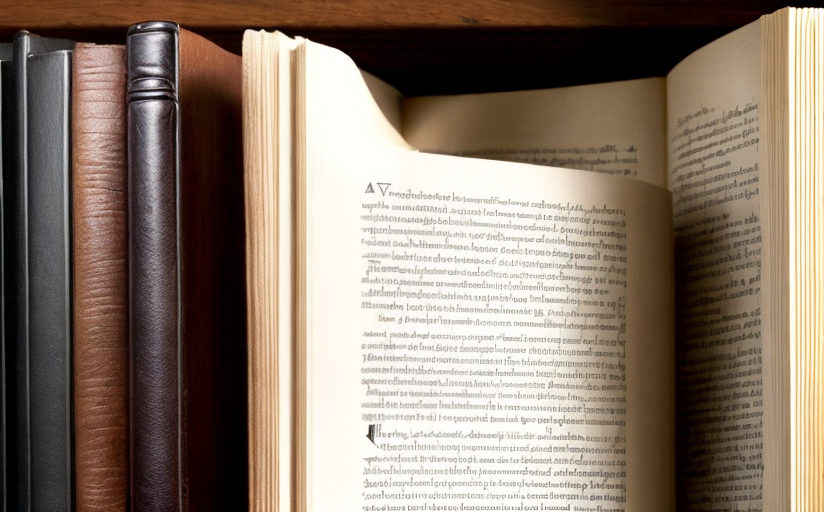The Dual Facets of Censorship in Literature: A Protective Shield or a Threat to Freedom?
The dialogue on censorship in literature is far from a black and white issue; it is a complex mosaic involving a myriad of socio-cultural interactions. It behooves us to explore the two major dimensions to this topic – the argument that censorship serves as a shield, protecting the sensitivities of particular individuals or groups, and the alternate view that vehemently contends that it stifles freedom of expression.
Censorship: A Necessary Shield?
Advocates of censorship argue that it serves to safeguard the sensibilities of readers. In their perspective, censorship filters out inappropriate or potentially harmful material, largely to prevent negative influences on young, impressionable minds or to respect cultural, religious, or ethnic sensitivities. Censorship sets the boundaries of freedom in a responsible manner, asserts Prof. John Blankenship, a literature expert at the University of Oxford.
Censorship: An Infringement on Freedom of Expression?
On the other side of the spectrum, detractors of censorship hold that it suppresses creativity, stifles thought, and undermines freedom of expression. To them, censorship is a control tool that can be misused by the authorities to suppress dissent and control public opinion. Renowned author J.K. Rowling once said, “The freedom to read and write is incredibly important; when speech is stifled, so is the capacity for people to dream and imagine.”
Impact of Censorship: Cases to Reflect Upon
Impact of censorship varies from one society to another and from one time period to another. In the case of George Orwell's ‘1984’ and Ray Bradbury's ‘Fahrenheit 451’, both novels have faced censorship for highlighting authoritarian regimes. The suppression of these books ironically mirrored their content: an attempt to control thought by controlling literature.
Protecting Sensitivities vs Suppression of Speech
The boundary where the protection of sensitivities crosses into stifling freedom of expression is a fine line and largely subjective. The controversy surrounding Salman Rushdie’s 'The Satanic Verses,’ deemed offensive by some, exemplifies this blurry boundary. While some defended its censorship as a measure to avoid communal tensions, others regarded it as a trampling of free expression.
The Role of Context
Navigating censorship discussions often requires sensitivity to cultural, societal, and individual contexts. What is deemed offensive in one culture may be accepted in another. As such, the notion of 'censorship appropriateness' can differ greatly between societies. As Professor Susan Dent, a leading cultural anthropologist puts it, Censorship, like beauty, often lies in the eye of the beholder.
In conclusion, the discourse on the merits and detriments of literature censorship remains complex and multi-faceted. The challenge lies in fostering an environment where diverse ideas can be shared freely, yet responsibly, across societies.















Comments
Leave a Comment